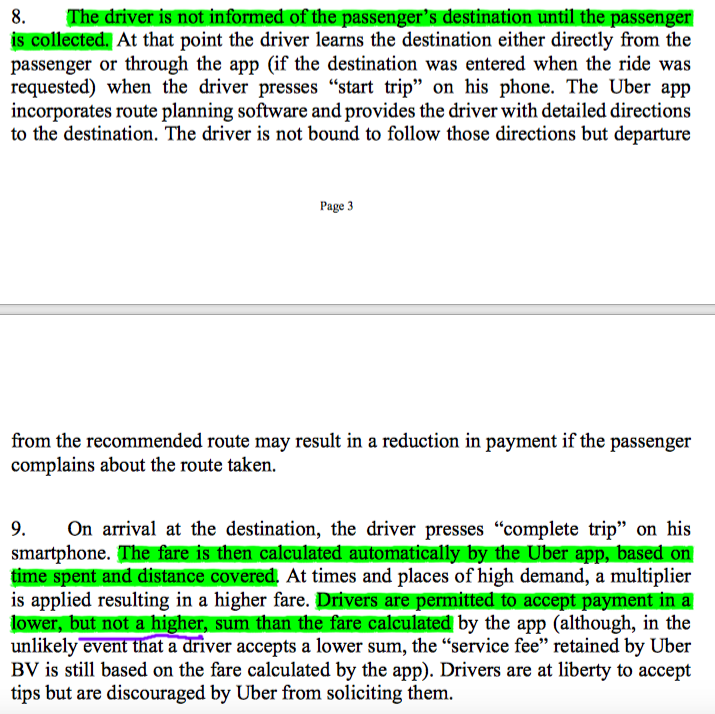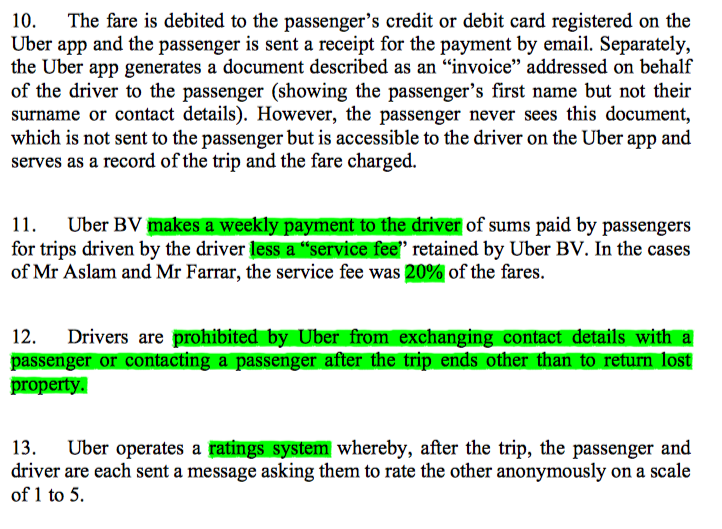
1/ Right, a couple of weeks' backlog on judgment threads & I'll start with a biggie for all students of whistleblowing, Linden J's judgment in Twixt v Armes. It strengthens a host of legal obligation whistleblowing claims in the stroke of a pen. assets.publishing.service.gov.uk/media/6034caf0… #ukemplaw
2/ The case concerns a research scientist & founder of DNA sequencing & amplification technology, used for amplifying the DNA of infectious diseases. Having transferred his shares in his company, he later had various concerns about false +ves & -ves from testing.
3/ Those concerns were raised in various emails & conversations on which he subsequently relied in bringing various claims, including whistleblowing detriment & dismissal claims. At a PH, the company tried unsuccessfully to strike the PIDs out. They failed & appealed.
4/ As is often the case with whistleblowing appeals, the appeal covers a number of different features of a qualifying disclosure, but there are a few standout points of interest for this thread.
5/ 1st, a point about strike out rather than specifically about disclosures. Linden J lists a number of well-versed principles about strike out, but the one not so clearly set out elsewhere concerns consideration of whether an amended pleading would allay merits concerns. 

6/ Next is a real gift from Linden J to claimants. A plea for EJs to take a permissive, generously broad approach to construing disclosures & not to be too pernickety about the various bear traps into which claimants relying on disclosures can fall. 

7/ The EAT moved on to Kilraine, & emphasised that a written communication need not be read in isolation, but can make use of context to show that the 1st s.43B question (that there was a disclosure of information) has been passed as well as to later questions of reasonableness. 







8/ Looking at the reasonableness of a belief that information tends to show one of the factors at s.43B(1)(a)-(f), Linden J applied Underhill's comments in Chesterton on the objective element of the public interest test & the existence of more than one reasonable view. 



9/ Ever the appellate lawyer, Linden J spotted a point that would be irresistible to Tom Linden QC about a tension between Chesterton & Korashi about the quality of belief at the time of the disclosure. He refrained from answering it, but clearly secretly hopes someone argues it. 







10/ The EAT moved on next to reject an argument that a disclosure can't be qualified unless it's overtly referable to one of the factors at s.43B(1)(a)-(f). It was an argument inconsistent with Beatt & Babula & Kilraine, but which in essence relied on a supercharging of Fincham.
11/ Which led to the real gem for whistleblowing claimants - Linden J's undermining of the Fincham principle that a disclosure reliant on s.43(1)(b) must identify (albeit not in strict legal language) the breach of legal obligation on which the employee relies. 

12/ Contrary to the way it has commonly been read, Linden J considered para 33 did not identify a legal rule but merely a missing evidential feature of significance in a case about grumbles about colleagues. I see the politic attractiveness but I'm not convinced he's right. 

13/ To make out his point about Fincham not identifying a legal rule, Linden J relies heavily on Bolton v Evans as undermining the existence of a legal rule as opposed to providing an exception to it or softening of it. 

14/ Whilst he then turned to Arjomand-Sissan & to Riley v Belmont Green, Linden J felt comfortable in distinguishing the application of the common Fincham/Bolton understanding in those cases as being mere observations about the strength of evidence on tendency to show.
15/ Alas I don't expect this to appealed so the CA can tackle the arguments on this point. Whilst most of the law went against Twixt, the EAT felt able to reach its own decision that Dr Armes' case should be struck out in re 6 of the 7 disclosures. #ukemplaw
• • •
Missing some Tweet in this thread? You can try to
force a refresh











